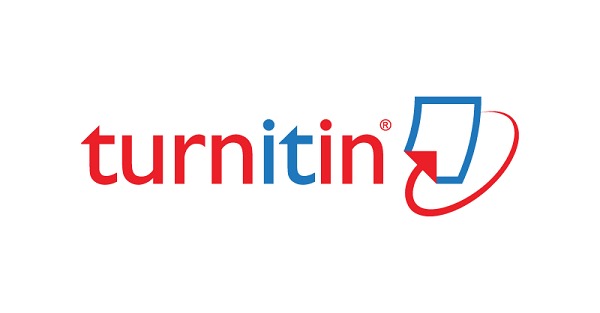The Effect of Tangram Media on the Ability to Recognize Geometric Shapes for Early Childhood
Abstract
The objectives of this study include: to find out whether Tangram Media Against Children’s Cognitive Ability to Recognize Geometry Shapes. The research method that researchers use is a quantitative method. This research is included in the regression research. From the results of the research conducted, the following results were obtained: Tangram media had an effect on the ability to recognize geometric shapes. Which is marked by the increase in the result of childrens’s learning tests in stage 2, namely at the post test stage, as well as the results obtained from the coefficient table which shows Y = 57,725 + 1,121. A cobstant of 57,725 states that if there is not tangram media the ability to recognize children’s geometric shapes of 57,725 states that if there is no tagram media has a positive positive effect on the ability to recognize geometric shapes,meaning that the better the learning media, the greater or better the ability to recognize geometric shapes. The independent variable (Vx) has an effect of 0.585 or 58.5 % on the dependent variable (Vy) and the rest is influenced by other variables not discussed in this study. What can be interpreted also that the tangram media has an effect of 0.585 or 58.5% on the ability to recognize geometric shapes.
Downloads
References
Sujiono, Yuliani Nurani. 2009. Konsep Dasar Pendidikan Anak Usia Dini. Jakarta: PT Indeks.
Maria Montessori. 2013. Metode Montessori: Panduan Wajib untuk Guru dan. Orangtua Didik PAUD (Pendidikan Anak Usia Dini). Yogyakarta:Pustaka. Pelajar..
Sugiyono. 2019. Metode Penelitian Kuantitatif. Bandung : CV. Alfabeta.
Sugiyono. 2015. Metode Penelitian Kombinasi (Mix Methods). Bandung: Alfabeta.
Mahi M.Hikmat. 2011. Metode Penelitian Yogyakara: Graha Ilmu.
Permendikbud No.146 Tahun 2014. Jakarta: Depdiknas. Mulyasa. (2012). Manajemen PAUD. Bandung: PT. Remaja Rosdakarya.
Priyatno, Duwi.2014. SPSS 22 Pengolahan Data Terpraktis.Yogyakarta: CV. Andi Offset.
Sudjana. 2013. Metoda Statistika. Bandung: Tarsito.
Arikunto, Suharsimi. 2012. Prosedur Penelitian Suatu Pendekatan Praktek. Jakarta: Rineka Cipta.
Sugiyono. 2016. Metode Penelitian Kuantitatif, Kualitatif dan R&D. Bandung: PT Alfabet.
Purwanto.2011. Evaluasi Hasil Belajar. Yogyakarta:Pustaka Belajar.

 Indaria Tri Hariyani(1)
Indaria Tri Hariyani(1)






